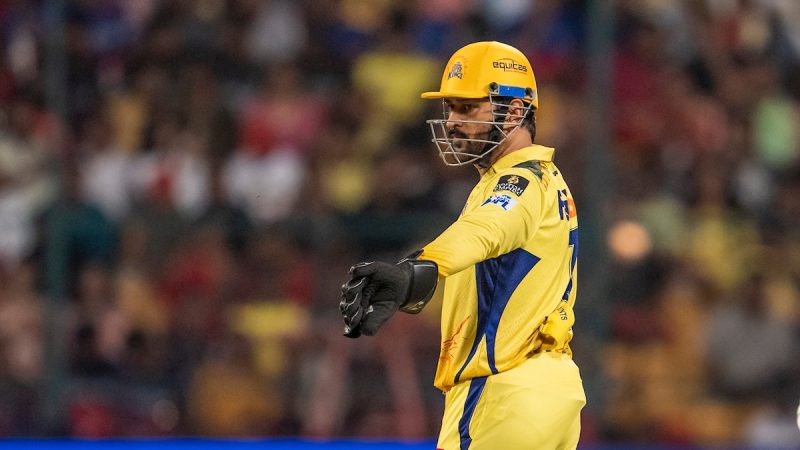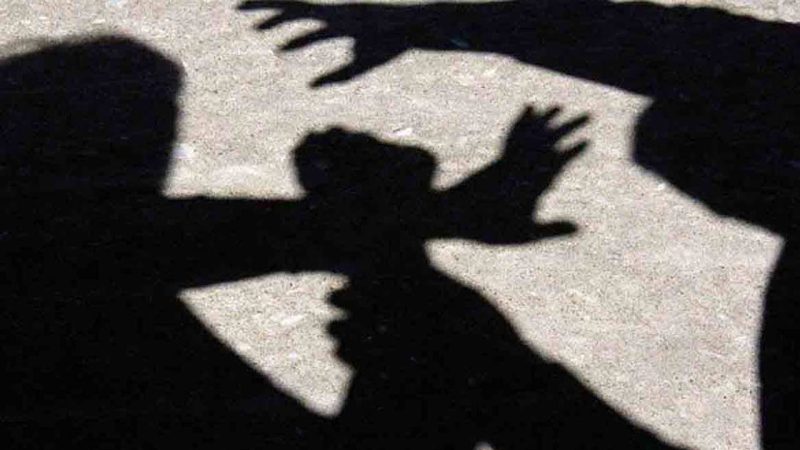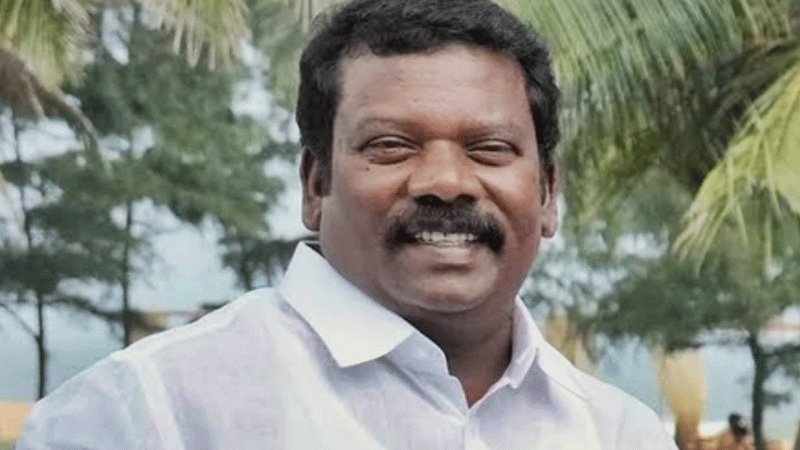Lawrence Wong's Party Secures Landslide Victory In Singapore General Election

Singapore:
Prime Minister Lawrence Wong’s People’s Action Party (PAP) won the Singapore General Election Saturday by a landslide, securing 87 of the 97 parliamentary seats, local media reported.
Mr Wong and the PAP had sought a new mandate from the general election in the midst of uncertainties to the global economy caused by the US trade tariffs.
The PAP, Singapore’s oldest and largest political party, has ruled the city-state ever since independence in 1965.
About 2.6 million Singaporeans were eligible to vote on Saturday for 92 contested seats as the PAP’s Group Representation Constituency for Marine Parade-Braddell Heights had a walkover on nomination day on April 23.
This was Mr Wong’s first election as prime minister of the global-business focused Singapore which now faces navigating through strong headwinds caused by tariffs imposed by US President Donald Trump.
Speaking after the result for Marsiling-Yew Tee Group Representation Constituency (GRC) was announced, Wong said the election was his first and a “humbling experience”. He pledged to work hard for the voters.
“We are grateful for your strong mandate and… will honour the trust that you have given to us by working even harder for all of you,” said the 52-year-old premier.
The Elections Department (ELD) said Singaporeans cast their votes for 92 out of 97 parliamentary seats at 1,240 polling stations island-wide to decide the future politics of Singapore.
This was Singapore’s 19th election since the first general election in 1948 and 14th since its Independence in 1965.
Mr Wong, 52, was sworn-in last May as the new prime minister in 20 years after Lee Hsien Loong stepped down after almost two decades.
There was vociferous campaigning by opposition political parties, raising issues related to high cost of living and housing as well as increasing presence of foreigners in almost all sectors of the economy in the manpower-short Singapore.
Top PAP leaders were seen balancing their election schedules during the last nine days of campaigning since nominations closed on April 23 along with negotiating tariffs imposed by Singapore’s largest trading partner US.
Singapore’s Deputy Prime Minister and Trade and Industry Minister Gan Kim Yong had been negotiating with his US counterparts on a 10 per cent tariff imposed on imports from Singapore.
The PAP fielded candidates in all 92 constituencies, while its main rival, the Workers’ Party (WP), contested 26 seats in eight constituencies.
The Progress Singapore Party (PSP) fielded 13 candidates across six constituencies. Other parties in the fray included the Singapore People’s Party (SPP), Singapore Democratic Party (SDP), People’s Power Party (PPP), People’s Alliance for Reform (PAR), Red Dot United (RDU), National Solidarity Party (NSP), Singapore United Party (SUP), and Singapore Democratic Alliance (SDA).
Prime Minister Wong had urged Singaporeans to vote responsibly as the global economies are going through unprecedented challenges and led to uncertainties.
The finance-trade-export focused city state sits in the middle of US-China trade war, having historical bilateral economic and diplomatic relations with both the giant markets, diplomatic sources said.
Manufacturing activity in Singapore fell into recession territory in April 2025 as tariffs announced by US President Donald Trump triggered a wave of export-order deferments and cancellations.
The purchasing managers’ index (PMI), a barometer of the manufacturing sector’s health, fell to 49.6 points in April, down one point from 50.6 in March; readings above 50 indicate growth while those below point to contraction.
“The contraction in Singapore’s factory activity snaps 19 straight months of expansion,” reported The Straits Times, citing a Singapore Institute of Purchasing and Materials Management (SIPMM) report on Friday.
Meanwhile, the PAP had a walkover in one constituency of five members of parliament at the close of nomination day on April 23.
The PAP’s share of the popular vote slipped to a near-record low of 61 per cent in 2020 elections, down from nearly 70 per cent in 2015 and although it kept 83 out of 93 parliamentary seats, the opposition gained ground with a record 10 seats. PTI GS OZ SCY NPK GSP GSP
(Except for the headline, this story has not been edited by NDTV staff and is published from a syndicated feed.)






